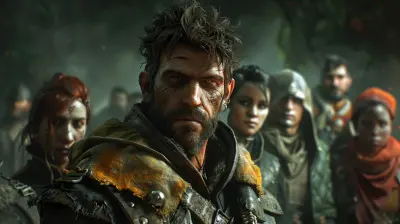How Single Player Games Tackle Complex Moral Choices
22 June 2025
Ever made a decision in a game that haunted you for hours? Maybe you spared an enemy thinking you'd done the right thing, only for it to backfire dramatically. Or perhaps you chose to sacrifice something meaningful, and the game didn’t even flinch. Welcome to the intricate and sometimes emotionally exhausting world of moral choices in single-player games.
This article dives deep into how single-player games approach complex ethics, why these decisions matter, and how they leave a lasting impression on us. Whether you're a curious gamer or just love a good ethical debate, you'll find yourself nodding along, questioning your own in-game actions—or at least wondering why you felt so bad for letting that NPC down.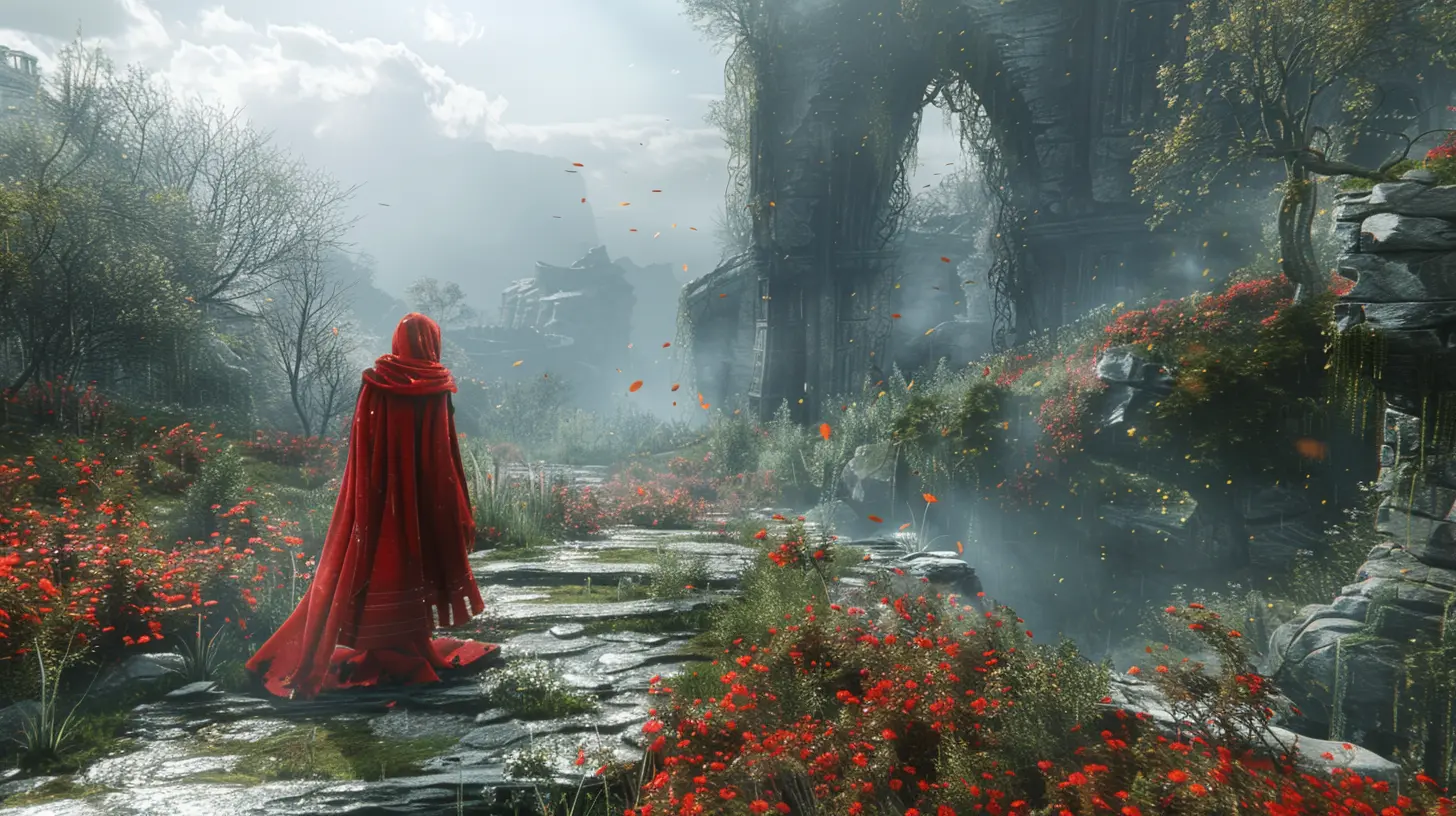
Why Moral Choices Matter in Single Player Games
It's More Than Just Right or Wrong
At first glance, moral choices in games might seem pretty black and white—help the villagers or burn the town, right? But great single-player games don't just ask, "Is this good or bad?" They ask, "Why did you think that was the right thing to do?"Developers have evolved way past the days where being a "good guy" means wearing white armor and saving kittens. Now, you're often dealing with shades of gray that force you to weigh consequences, allegiances, and your own instincts.
Emotional Investment Creates Memorable Experiences
Think about it. Why do you remember Mass Effect’s big choices more than your high score in an arcade shooter? It's because moral decisions make the story yours. When a game lets you shape how it unfolds—based on your character's ethics, loyalty, love interests, or gut feelings—you get emotionally invested. And that’s priceless.It becomes personal, like watching your favorite show but being able to yell, “No, I wouldn't do that!” and the story actually listens.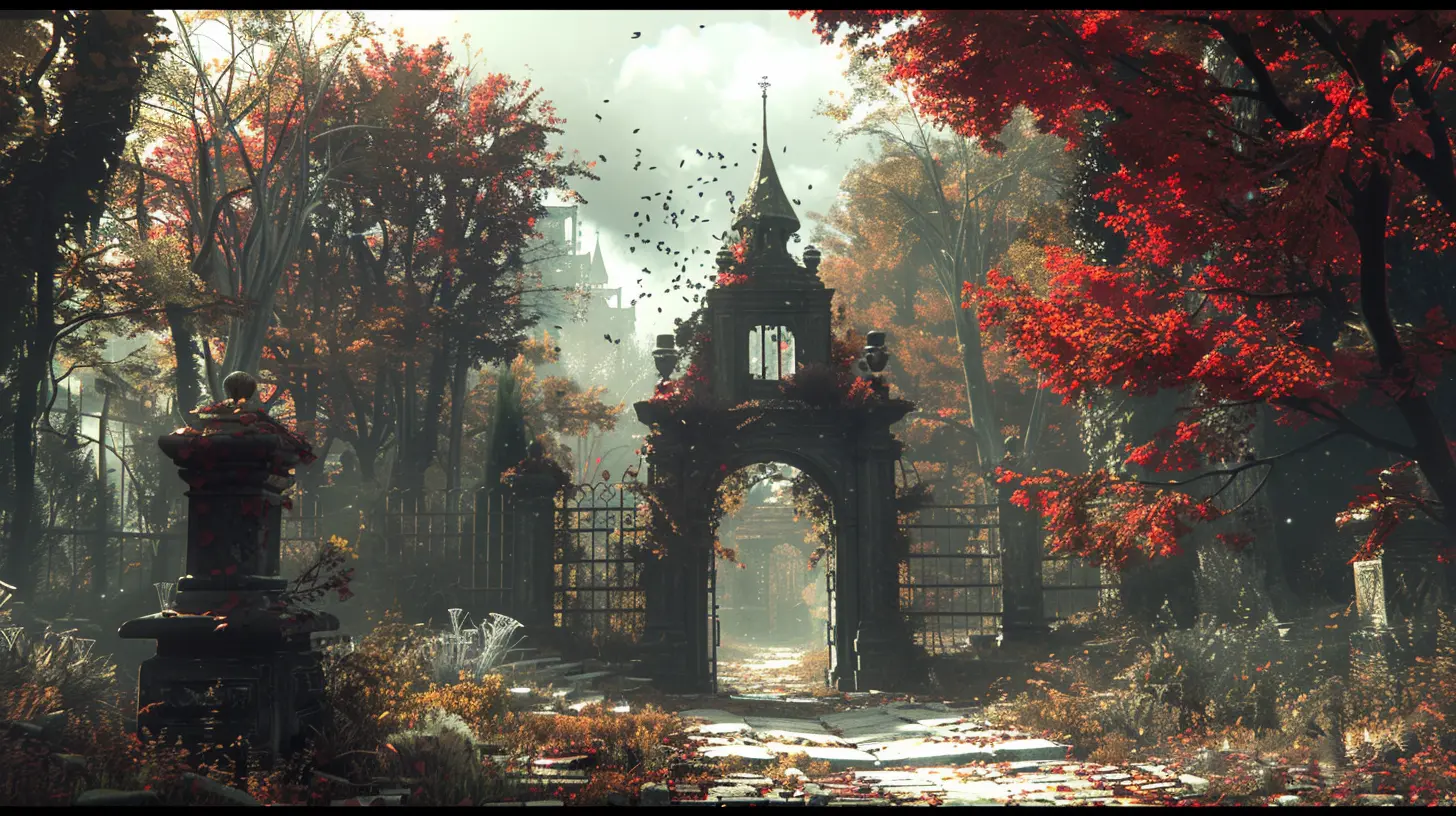
How Games Technically Pull It Off
Branching Narratives and Consequences
Most single-player games use branching narrative paths to simulate moral complexity. You say “yes” to a questionable character? The game remembers. Lie to save someone's feelings? That might come back to bite you later.A great example is The Witcher 3, where decisions don’t show their consequences immediately. Instead, they blindside you when you're least expecting it—like being judged for saving someone’s life, only to realize that decision destabilized an entire region.
Some games use a morality meter (like Paragon vs Renegade in Mass Effect), while others keep things subtle and let your legacy unfold based on dozens of small decisions.
Dialogue Trees with Depth
Remember those old RPGs where every dialogue choice was either “Yes,” “No,” or “I don’t care”? Thankfully, those days are mostly gone.Now we’ve got games like Disco Elysium or Life is Strange where every little dialogue option nudges the narrative in a different direction. It’s not always about choosing between obvious heroes and villains. Sometimes it's about navigating social minefields, empathizing, or choosing whether to tell a painful truth.
The player's internal compass becomes the real controller.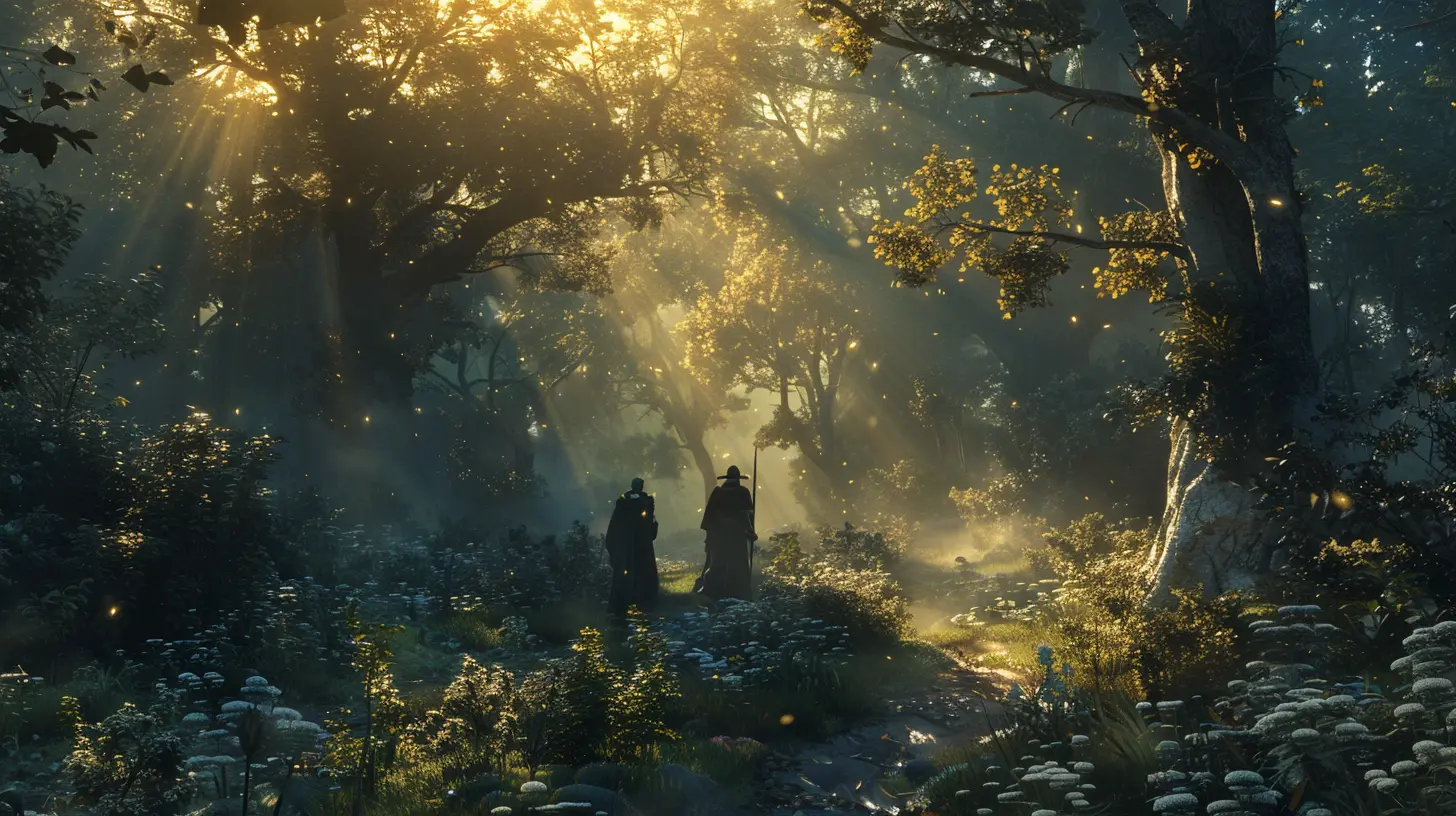
Examples of Moral Complexity Done Right
Let’s look at how some of the most beloved single-player games tackled moral choices in a way that made us pause, replay, or even Google “best endings” just to make sure we didn’t mess up.1. The Witcher 3: Wild Hunt
Remember when you had to decide the fate of the Bloody Baron? Neither choice felt great, did it?That’s the magic of The Witcher 3. It throws morally ambiguous choices at you and expects you to live with the consequences. You don't get a "You did good!" badge at the end. Sometimes, doing the right thing results in heartbreak.
It’s a game that trusts you to have judgment—and then dares you to question it.
2. Mass Effect Trilogy
Few game series have handled character loyalty and moral choice like Mass Effect.Do you save an entire species or prioritize your crew? Do you trust the government or a rogue faction? Mass Effect makes you the captain of not just your ship, but an entire galaxy’s fate. And the weight of that responsibility? It lingers.
Even minor choices in the first game can dramatically flip the script in the third one. It's a narrative web where every thread you pull has ripple effects.
3. Life is Strange
This game is a masterclass in emotional storytelling.The choices here aren't about saving the world or defeating monsters. They're about friendship, loyalty, trust, trauma, and love. And the decisions you make? They're brutally human.
Do you expose someone’s secret if it might help them? Do you prioritize your best friend over the safety of many? These aren't easy questions, and that’s what made it so gripping.
4. Red Dead Redemption 2
In Rockstar’s western epic, morality is tied deeply to redemption, pride, and personal identity.You play as Arthur Morgan, an outlaw with a conscience. The choices you make—not just in missions but in how you behave in the open world—shape Arthur’s legacy.
Help someone on the roadside? Spare a rival gang member? The game doesn’t pat you on the back, but you feel it. And by the end, your version of Arthur might be dramatically different from someone else’s.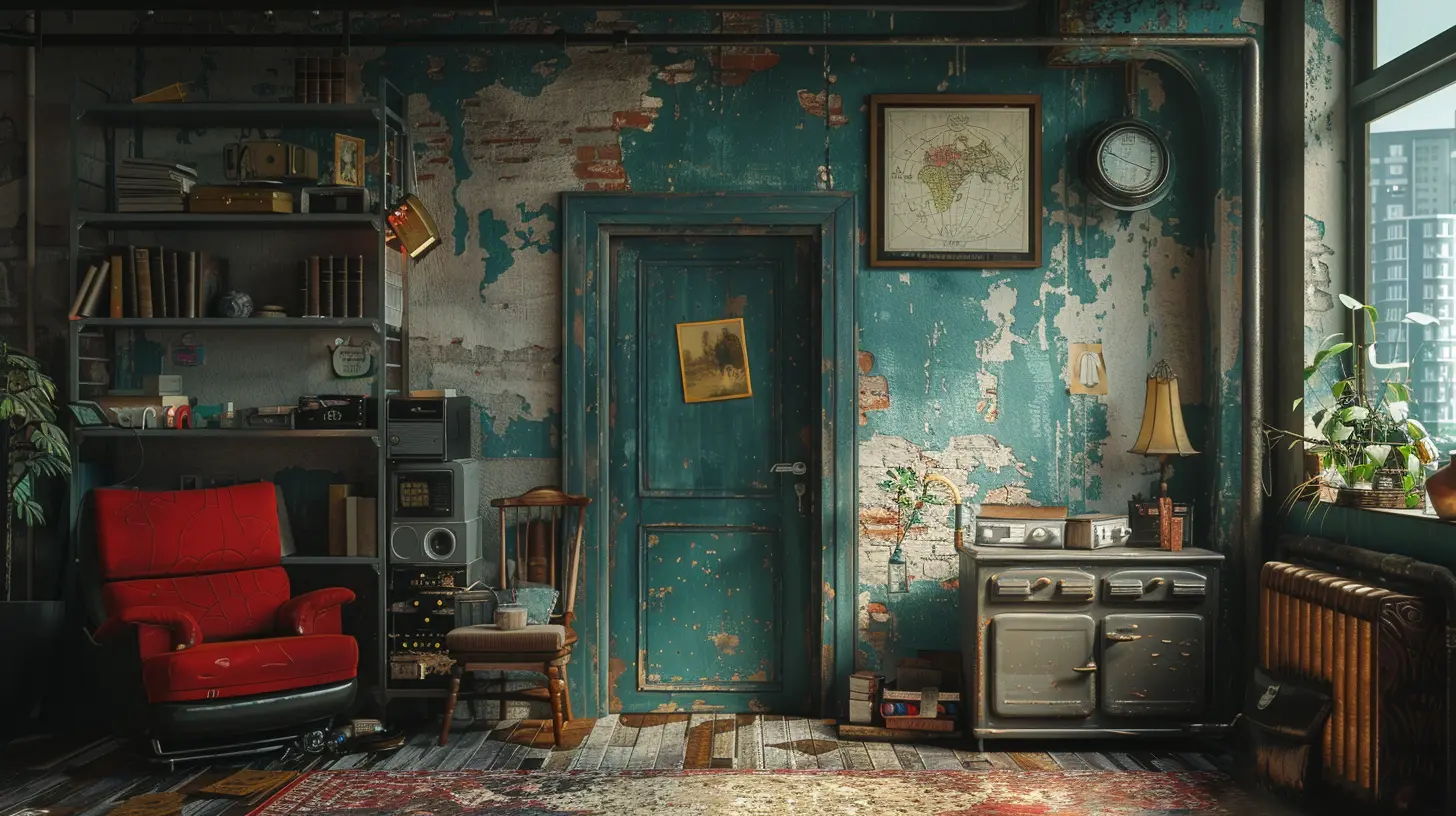
The Psychology Behind Player Decisions
Empathy Makes It Real
One key reason why moral choices work so well in single-player games is our ability to empathize. When characters are written convincingly—flaws, dreams, and all—we care. It stops being about XP and starts being about people.We put ourselves in their shoes. We ask, “What would I do if this were real?” And that’s intense.
Roleplay vs. Reality
Interestingly, not everyone plays as themselves. Some people roleplay completely different personalities.Ever tried doing a “villain run”? It's one of the most fascinating (and sometimes hilarious) ways to test your moral compass. Many players try, but halfway through, they start feeling weird about being cruel—even in a fictional setting. That’s the emotional weight we're talking about.
Games simulate ethical dilemmas in a way books and movies can’t. Because here, you’re responsible. There’s no “main character” to blame. It's all you.
Morality Without Clear Outcomes
The Illusion of Choice
Some games cleverly make you feel like you have moral agency, even when the outcome is fixed.Take Telltale’s The Walking Dead, for instance. You choose whether to save one character over another, but the story might funnel you back to a similar point. It’s less about changing the world and more about changing your experience of the world.
And that’s okay. Feeling like your choices matter emotionally, even if they don’t change the ending drastically, is still powerful.
No Win-Win Situations
In real life, not every choice has a clean, happy ending. The best games reflect that.Sometimes the "least bad" option is still heartbreaking. And when a game doesn’t let you fix everything, it challenges you to sit with the consequences. That’s rare. And it’s brave storytelling.
The Future of Moral Choices in Games
So where do we go from here?AI-generated NPCs and real-time adaptive storytelling are on the horizon. Imagine a game that reads your decisions not just as binary choices but as emotional data. Your character lies too often? Maybe NPCs start mistrusting you organically. You show kindness consistently? Maybe entire factions shift their tone toward you.
The potential here is huge—and kind of terrifying.
Games might evolve into moral simulators, reflecting not just what you do, but who you are.
Final Thoughts
Single-player games have come a long way from pixelated heroes and one-liner villains. Today, they’re deep, introspective, and unafraid to get messy. They hand you the keys to tough decisions and trust you to drive—not because they want you to win, but because they want you to feel.Next time you're faced with a moral dilemma in a game, don’t just click the “good” option and move on. Think about it. Sit with it. Maybe even regret it a little. Because honestly? That’s what makes games magical.
They’re not just stories anymore—they’re mirrors.
all images in this post were generated using AI tools
Category:
Single Player GamesAuthor:

Luke Baker
Discussion
rate this article
2 comments
Riff Myers
Single-player games empower us to explore our deepest morals and choices, transforming us into architects of our own narratives. Each decision shapes our journey—embrace the weight of your choices!
August 7, 2025 at 3:13 AM

Luke Baker
Absolutely! Single-player games immerse players in complex moral landscapes, allowing them to navigate choices that reflect their values and shape unique narratives. Each decision becomes a meaningful part of the player's journey.
Sybil McQuillen
Single-player games uniquely immerse players in complex moral dilemmas, prompting introspection and empathy. They transform entertainment into a reflective experience, allowing us to explore the consequences of our choices in a safe environment.
June 30, 2025 at 2:45 AM

Luke Baker
Absolutely! Single-player games provide a unique platform for exploring moral dilemmas, offering players a chance to reflect on their choices and the broader implications in a safe space.
